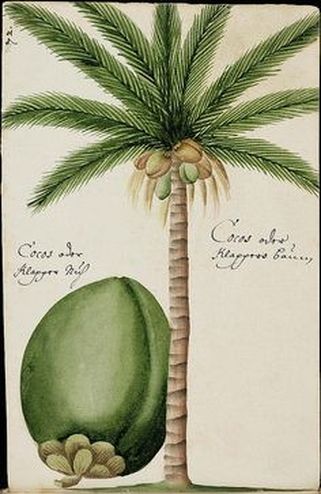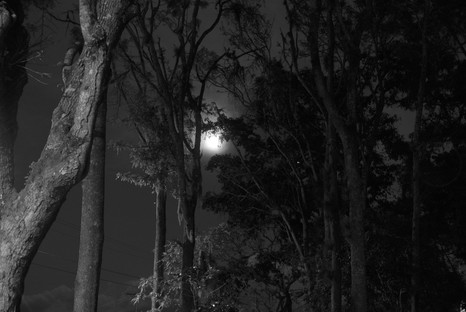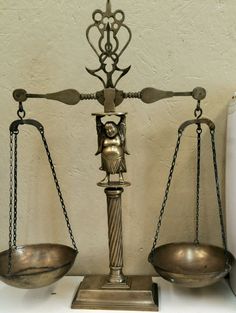
Folk tales are old stories that originated from the imagination of people of different cultures all over the world.
They have been passed on through generations, and with every retelling, as they are changed and enriched, they become more interesting and entertaining. Here are some folktales for you to read and relish.
These folktales were originally published in once immensely popular, (and now defunct)
children's magazine 'Chandamama'.
©Santhini Govindan
Please do not reproduce any of these stories without permission of the author.





